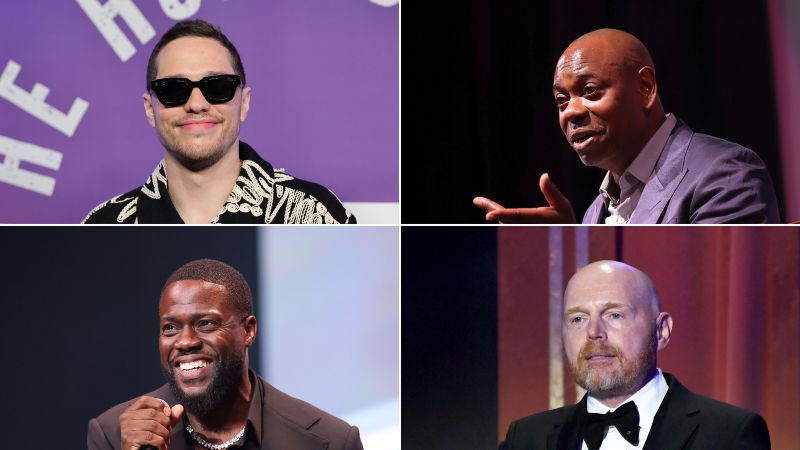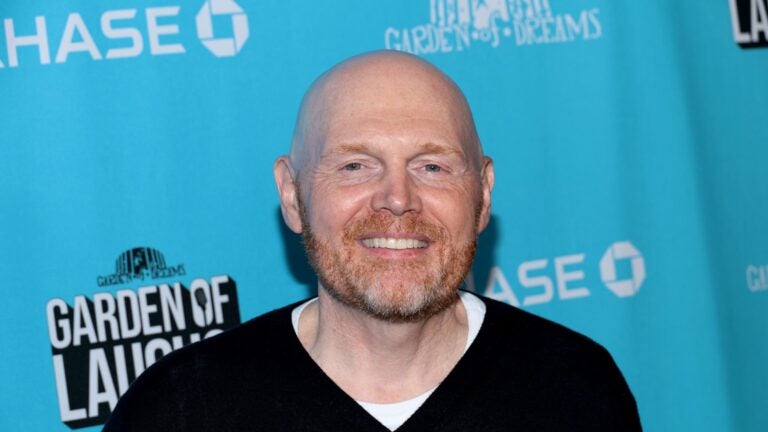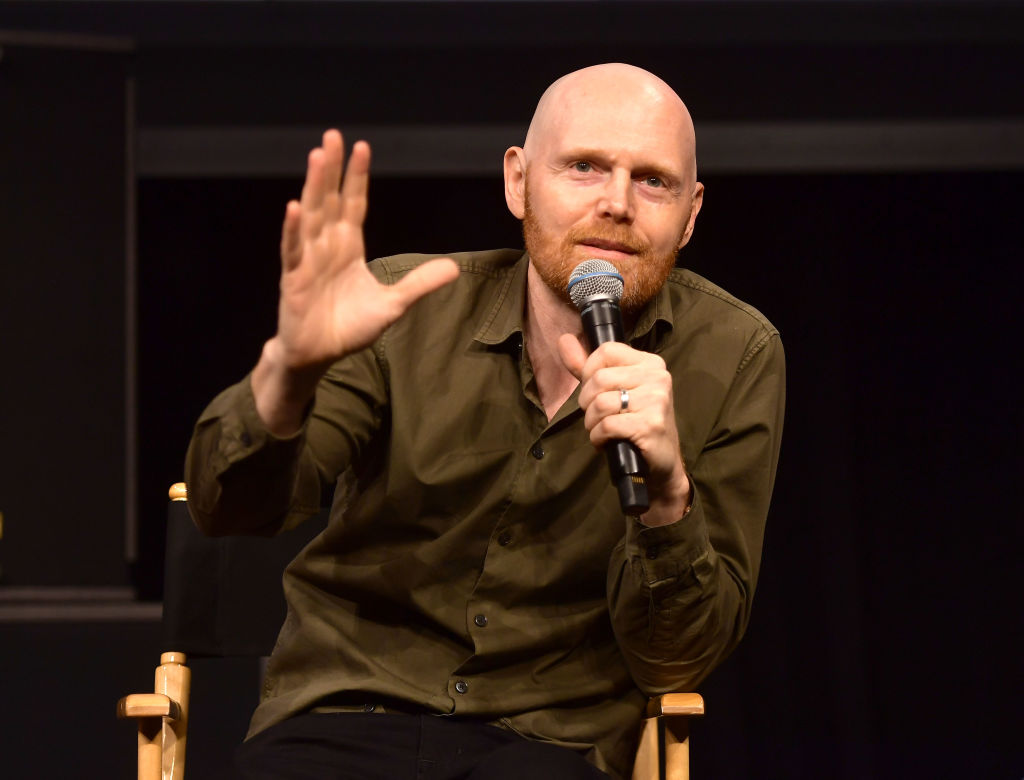Comedians Face Backlash and Defend Performances at Saudi Arabia's Riyadh Comedy Festival
American comedians performing at Saudi Arabia's Riyadh Comedy Festival face backlash over human rights concerns, with Dave Chappelle criticizing free speech in America.
Overview
- The Riyadh Comedy Festival, sponsored by the Saudi royal family, has drawn over 50 star comedians, claiming to be the world's largest comedy event.
- American comedians performing at the festival, including Dave Chappelle, have faced significant backlash from human rights groups over Saudi Arabia's controversial record.
- Comedians defended their participation by citing perceived free speech limitations in America and the appeal of large paychecks offered by the Saudi-sponsored event.
- Dave Chappelle controversially stated during his performance that it is easier to speak freely in Saudi Arabia than in the United States, sparking further debate.
- Some comedians, like David Cross, criticized the festival as oppressive, while others declined invitations due to the location and human rights controversies.
Report issue

Read both sides in 5 minutes each day
Analysis
Center-leaning sources frame this story by immediately establishing a critical context around comedians performing in Saudi Arabia, highlighting human rights abuses and past controversies. They emphasize the moral objections through extensive quotes from critics like Marc Maron and interpret Dave Chappelle's comments as a defensive "rejoinder" to these criticisms, rather than presenting them neutrally. This collective editorial approach shapes a narrative of controversy and ethical concern.
Articles (8)
Center (1)
FAQ
Saudi Arabia has faced international condemnation for a surge in executions, targeting both citizens and foreign nationals, including for non-lethal drug offenses, as well as repression of freedom of expression, arbitrary detention, unfair trials, travel bans, and discrimination against women and minorities[1][2][3]. The Saudi Human Rights Commission has been accused of whitewashing these issues rather than addressing them[2].
Saudi Arabia actively suppresses freedom of expression: activists, journalists, and ordinary citizens face arbitrary arrest, lengthy prison sentences, and unfair trials for peaceful activism or criticism online[3]. Defenders of free expression are targeted, and a leaked draft penal code further criminalizes dissent, codifying restrictions on speech, religion, and assembly into law[4]. The June 2025 execution of journalist Turki al-Jasser for exposing royal family corruption underscores this repression[1].
International backlash is significant: civil society organizations, human rights groups, and media have condemned participation in high-profile Saudi events due to the country’s human rights record. Similar controversies erupted when FIFA confirmed Saudi Arabia as the 2034 World Cup host, with organizations highlighting risks of exploitation, repression, and discrimination[3]. Celebrities and artists are often criticized for legitimizing the Saudi government through their participation.
Some comedians have defended their participation by citing perceived restrictions on free speech in their home countries (like the US) and the substantial financial incentives offered by the festival. For example, Dave Chappelle controversially claimed it was easier to speak freely in Saudi Arabia than in the US during his performance, while others criticized or declined invitations due to the host country’s human rights record.
The Saudi royal family, particularly through entities like the Public Investment Fund (PIF) chaired by Crown Prince Mohammed bin Salman, has become a major sponsor of international sports, entertainment, and cultural events as part of efforts to diversify the economy and enhance the country’s global image, often called 'sportswashing' or 'artswashing'[6]. These events are seen as tools to distract from the kingdom’s human rights record and consolidate the leadership’s domestic and international standing.
History
- This story does not have any previous versions.






